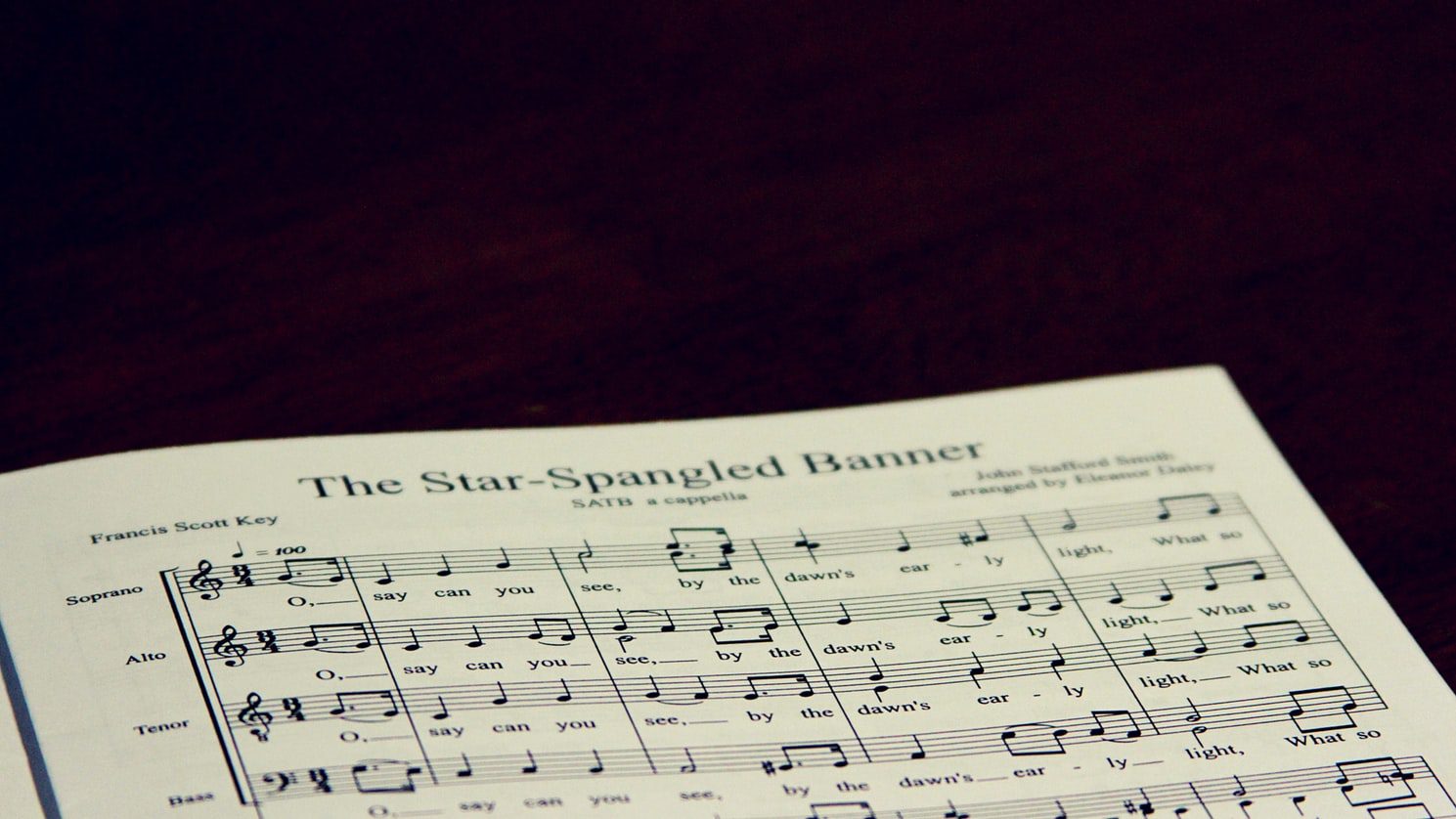Sheet reading is an integral part of mastering the art of music. It’s a technique that can be learned and improved on by continued practice. Though sheet music reading is a skill that you can work on, many do it wrong by practising without addressing the essential elements. To be a great musician, one should master sheet reading while playing their instruments. Tackling these few elements should help you master and improve your sheet reading.
Eliminate distractions
Concentrating on your sheet music reading may seem obvious, but it’s a critical factor contributing to how well you perform. Lack of concentration may lead to missed notes and screwed rhythms, resulting in disconnection from reality and the music.
It’s common to make mistakes when you lose concentration without realizing them. Some distractions that may escape our knowledge include checking out the audience, reviewing your day, random thoughts playing on your mind, or completely zone out.
Mindless sheet music reading is a recipe for disaster; hence you should stop it to master the skill. Though total concentration is hard to achieve, try as much as possible and learn to pull back when it starts to fade.

Read bigger chunks of music
The ability to read more significant chunks of music is what separates great players from struggling ones. Strong players keep calm even when playing most up-tempo rhythms. Instead of looking at every single beat, it’s advisable to read bigger chunks.
Analyze the beats to identify where the downbeats fall and divide each measure into two parts. This reading fashion may take some practice, but it’s more accessible once mastered than reading every note.
Identify rhythms and patterns
You will encounter various combinations of rhythms; hence, it’s beneficial to familiarize yourself with them. This will enhance your sheet reading ability and avoid subdividing and counting every rhythm when performing. Check out for tricky rhythms and figure them out at a slow tempo.
This way, you won’t get completely off. Another area to note is reading rests as they leave you feeling a beat but not playing anything. It’s advisable to look ahead to the following notes.
Continue through mistakes
Mistakes are inevitable when sheet reading, even though you are aiming at 100% accuracy. However, these mistakes shouldn’t interfere with your performance. In sheet reading, some errors are considered worse than others.
Missing a note or two shouldn’t stop you, but missing a rhythm can keep you off track. You can resolve it by memorizing the tempo and checking the following rhythms, and identify downbeats.
[trustindex no-registration=google]
